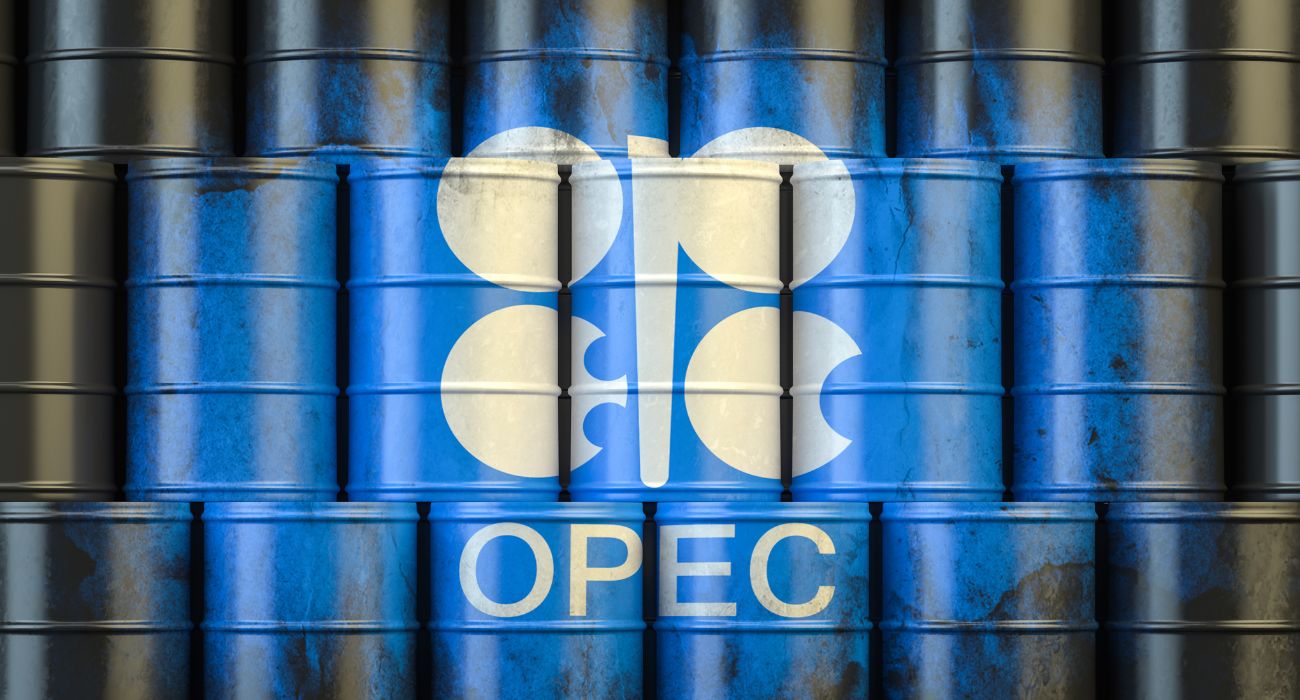OPEC has responded to the leading global energy policy organization’s declaration that the world could and should scrap fossil fuels before the decade’s end, stating that such a development would lead to global economic and social chaos.
The executive director of the International Energy Agency (IEA), Fatih Birol, penned an op-ed in the Financial Times projecting that peak demand for fossil fuels is just a few years away.
“… [D]emand for each of the three fossil fuels [oil, gas, and coal] is set to hit a peak in the coming years. This is the first time that a peak in demand is visible for each fuel this decade — earlier than many people anticipated,” said Birol.
Should the forecast come true, Birol said it would be a “welcome sight, showing that the shift to cleaner and more secure energy systems is speeding up and that efforts to avoid the worst effects of climate change are making headway.”
“[T]he global trends are clear: low-emissions electricity and fuels, as well as energy efficiency improvements, are increasingly taking care of the world’s rising energy needs,” Birol wrote.
In a statement released by OPEC on Thursday, its Secretary-General H.E. Haitham Al Ghais took issue with the IEA head’s assessment, saying such a drastic cut to hydrocarbons fuels “would lead to energy chaos on a potentially unprecedented scale, with dire consequences for economies and billions of people across the world.”
The statement called the IEA’s agenda to phase out fossil fuels “extremely risky and impractical” and noted that although peaking of supply or demand had been predicted before, recently, such “dangerous” predictions are being packaged with efforts to stop investing in new oil and gas ventures.
In the statement, OPEC accused the IEA of being “ideologically driven, rather than fact-based.” It also claimed that many populations are experiencing buyer’s remorse after dealing with the real-world impact of implementing renewable energy policies like net-zero carbon emissions.
“… [W]e have seen energy issues climb back to the top of the agenda for populations as many glimpse how experimental net zero policies and targets impact their lives. They have legitimate concerns. How much will they cost in their current form? What benefits will they bring? Will they work as hyped? Are there other options to help reduce emissions? And what will happen if these forecasts, policies and targets do not materialize?” the statement read.
The IEA has taken to social media to make the case that the cost of implementing clean energy policies is steadily decreasing, posting a price index for clean energy equipment showing a nearly 60% decline over the last ten years. However, that data shows a plateauing of price since about 2019.
The Dallas Express reached out to the IEA for a comment on the OPEC statement but did not receive a reply by publication.






